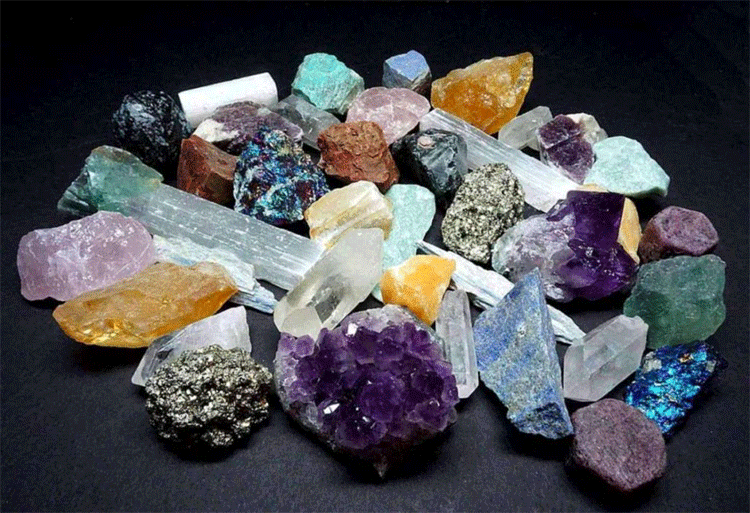
Seek and ensure a safe and above all sustainable supply of critical raw minerals
globalcompliance
Not surprisingly, the main objective of the CRMA is to maintain and establish a secure and sustainable supply of critical raw materials to the EU. The term critical raw material is defined through two annexes. They list 34 materials considered strategic, 17 of which are considered critical. The law considers the high concentration of these materials in a few third countries as a potential risk for their supply. The short period between the EU Commission's proposal in March 2024 and the final adoption of the law in April 2024 shows how seriously EU institutions and member states are taking this risk. The CRMA expresses recognition of the dependency on the supply of critical raw materials for the internal market and European economies and refers to possible sources of these critical raw materials, including seabed mining in its Recitals.
The law takes a three-pronged approach to minimize risks related to the supply of critical raw materials.
First, the EU publicizes and incentivizes the extraction of raw materials in the territories of EU member states. It envisages a 10% share of all critical raw materials consumed in the EU to be produced in the EU. Therefore, new exploration projects, including Kiruna in northern Sweden, will receive greater attention and potentially more accessible mining conditions.
Second, the law requires a significant increase in recycling efforts, which total up to 25% of annual consumption in the EU. Waste landfills in Europe are expected to include large quantities of essential raw materials that could be turned into profitable mines. Likewise, the EU still exports significant quantities of waste which includes desperately needed materials. Therefore, Member States are required to devise measures to increase the circularity of their economies.
Third, the EU sets itself the goal of reducing dependence on any critical raw material on a single non-EU country to less than 65% by 2030. This goal is specifically targeted at China's supply and control of rare earths , which are currently almost exclusively sourced and refined in China. In line with this objective, the EU is already establishing strategic partnerships and promoting raw mineral partnerships which will lead to increased investments and simplified import conditions for these materials.
Tag
menu